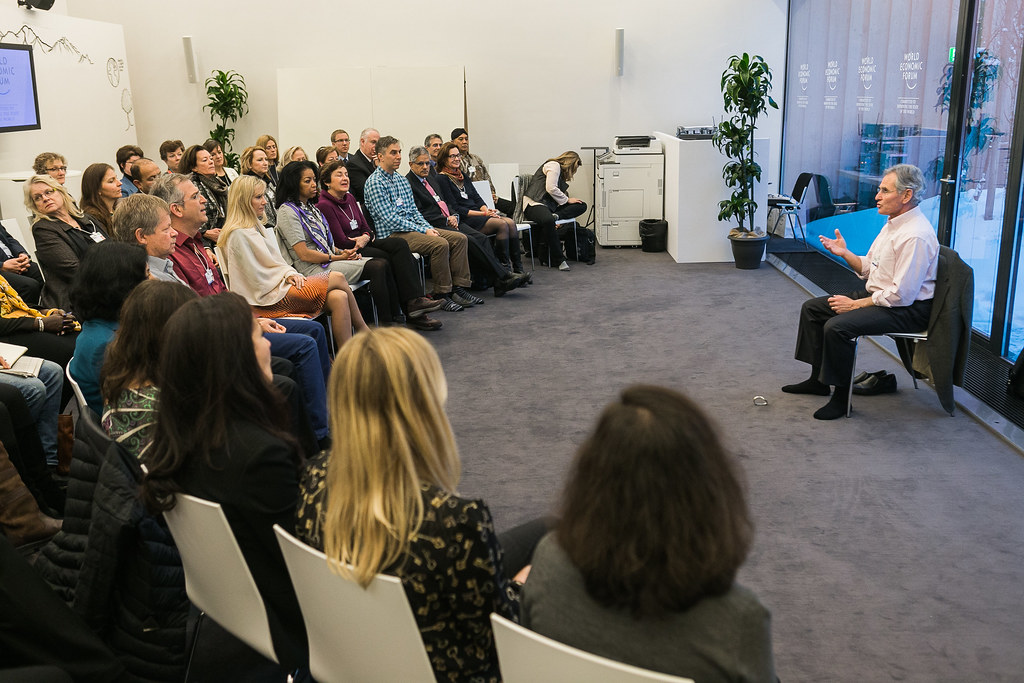In today’s fast-paced world, it’s easy to get caught up in the chaos and feel overwhelmed by the constant demands of life. As a result, anger and frustration can often bubble up, leaving us feeling irritable and out of control. But what if there was a way to master these emotions and find a sense of calm amidst the chaos? Enter mindfulness – a practice that has been gaining popularity in recent years for its ability to help individuals manage their emotions and improve their overall well-being. In this article, we’ll explore how mindfulness can help you tame your anger and frustration, and provide practical tips for incorporating this practice into your daily life.
1. “The Art of Mindfulness: A Guide to Taming Anger and Frustration”
Anger and frustration are common emotions that we all experience at some point in our lives. However, when these emotions are not managed properly, they can lead to negative consequences such as damaged relationships, poor decision-making, and even health problems. The art of mindfulness is a powerful tool that can help us tame our anger and frustration, and lead a more peaceful and fulfilling life.
Mindfulness involves being present in the moment, without judgment or distraction. By practicing mindfulness, we can become more aware of our thoughts and emotions, and learn to respond to them in a calm and rational way. Here are some tips for practicing mindfulness to tame anger and frustration:
- Take deep breaths: When you feel yourself getting angry or frustrated, take a few deep breaths to calm yourself down. Focus on your breath and let go of any negative thoughts or emotions.
- Practice gratitude: When you focus on the things you are grateful for, it can help shift your perspective and reduce feelings of anger and frustration.
- Take a break: If you feel overwhelmed, take a break and do something that makes you happy or relaxed. This can help you reset and come back to the situation with a clearer mind.
2. “Mastering Your Mind: Techniques for Overcoming Anger and Frustration”
Anger and frustration are common emotions that we all experience at some point in our lives. However, if left unchecked, they can have a negative impact on our mental and physical health. Here are some techniques that can help you overcome anger and frustration:
- Mindfulness: Practicing mindfulness can help you become more aware of your thoughts and emotions. This can help you identify the triggers that lead to anger and frustration and develop strategies to manage them.
- Breathing exercises: Deep breathing exercises can help you calm down when you feel angry or frustrated. Take a few deep breaths and focus on your breath as you inhale and exhale.
- Exercise: Regular exercise can help reduce stress and improve your mood. It can also help you release pent-up anger and frustration in a healthy way.
Another technique that can help you overcome anger and frustration is to practice empathy. Try to put yourself in the other person’s shoes and understand their perspective. This can help you develop a more compassionate attitude and reduce feelings of anger and frustration. Remember, anger and frustration are natural emotions, but it’s important to learn how to manage them in a healthy way. By practicing mindfulness, breathing exercises, exercise, and empathy, you can develop the skills you need to overcome these emotions and lead a happier, healthier life.
3. “From Chaos to Calm: How Mindfulness Can Help You Manage Anger and Frustration
Anger and frustration are common emotions that we all experience at some point in our lives. However, when these emotions become overwhelming, they can lead to negative consequences such as damaged relationships, poor decision-making, and even physical health problems. Mindfulness is a powerful tool that can help us manage these emotions and move from chaos to calm.
- Mindfulness involves paying attention to the present moment without judgment.
- It helps us become more aware of our thoughts, feelings, and bodily sensations.
- By practicing mindfulness, we can learn to identify the triggers that lead to anger and frustration and respond to them in a more constructive way.
Research has shown that mindfulness can be an effective way to reduce stress, anxiety, and depression. It can also improve our overall well-being and quality of life. By incorporating mindfulness into our daily routine, we can cultivate a sense of inner peace and calm that can help us navigate life’s challenges with greater ease and resilience.
In conclusion, mastering mindfulness is a powerful tool to help us navigate through the ups and downs of life. By taming our anger and frustration, we can cultivate a sense of inner peace and tranquility that will benefit not only ourselves but also those around us. Remember, mindfulness is a practice that requires patience and dedication, but the rewards are immeasurable. So, take a deep breath, let go of your worries, and embrace the present moment with an open heart and a clear mind. With mindfulness, anything is possible.
